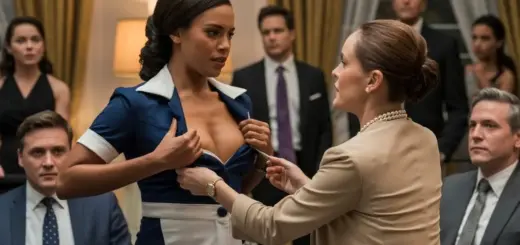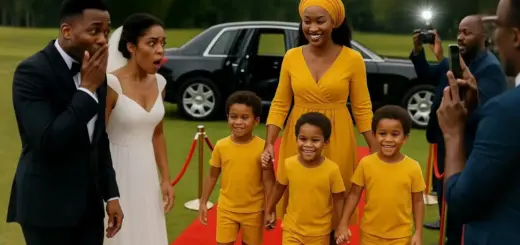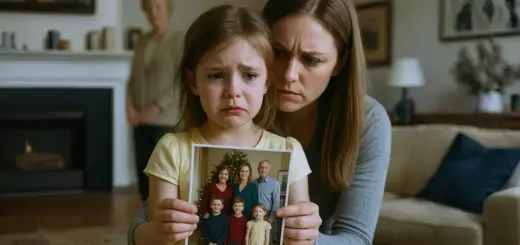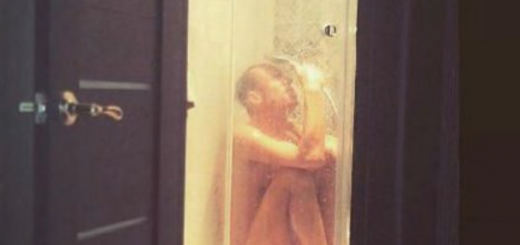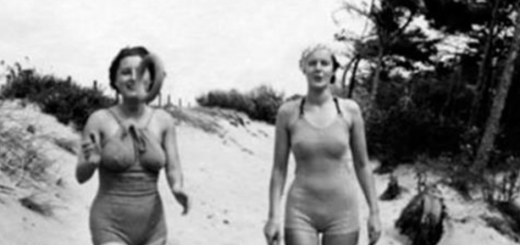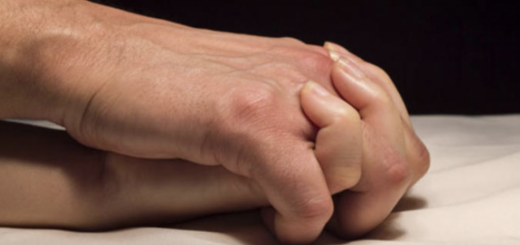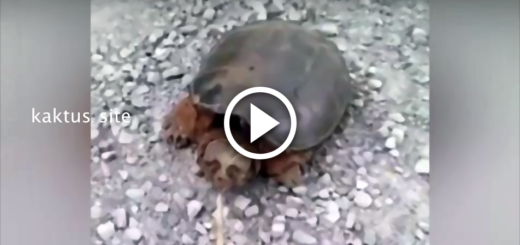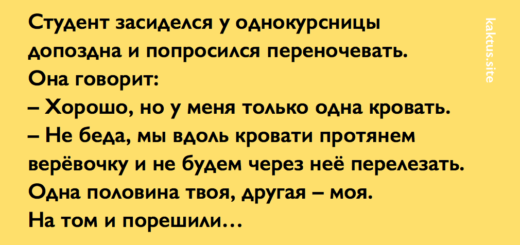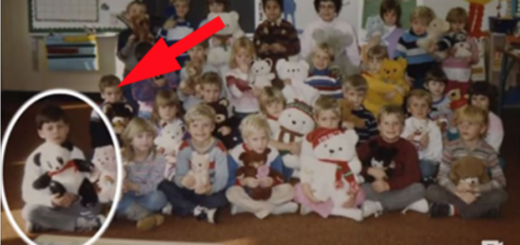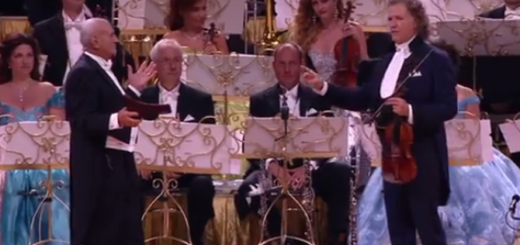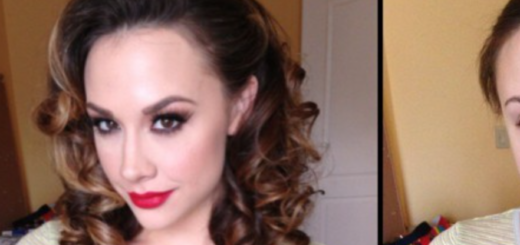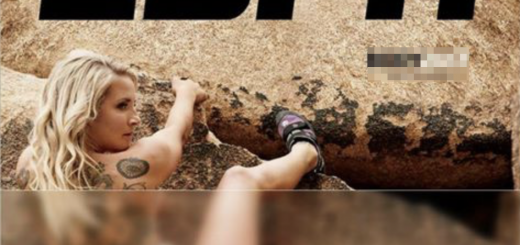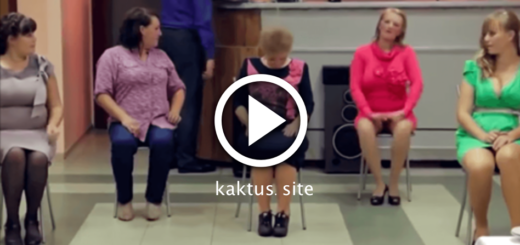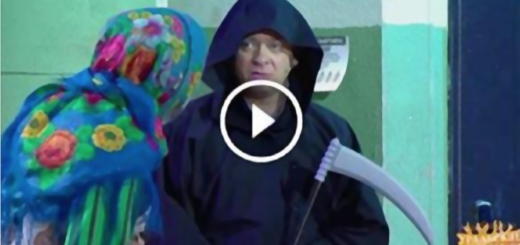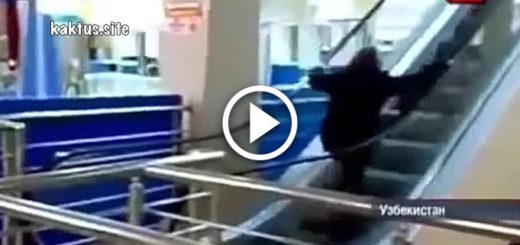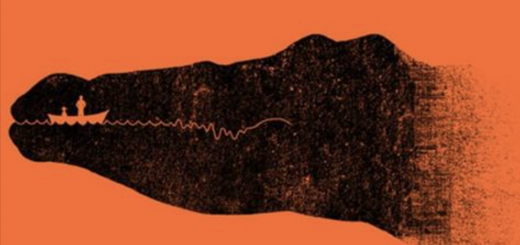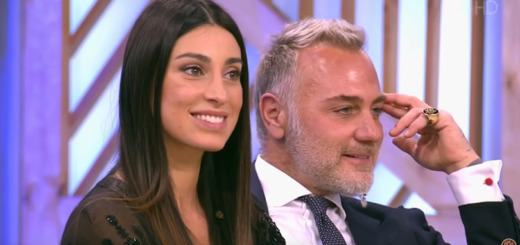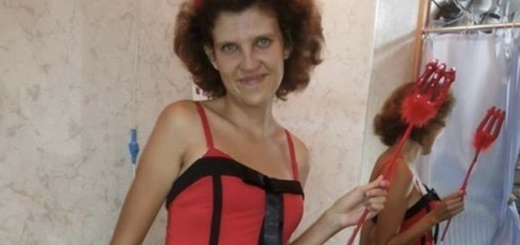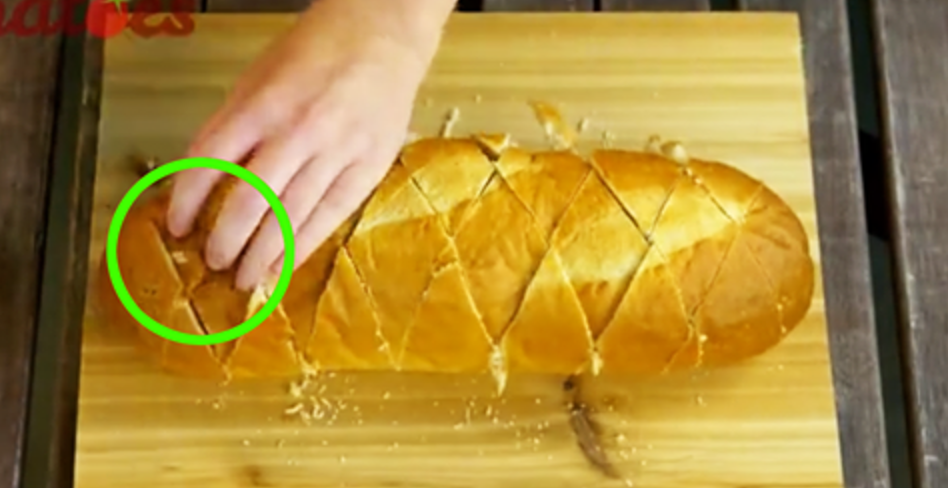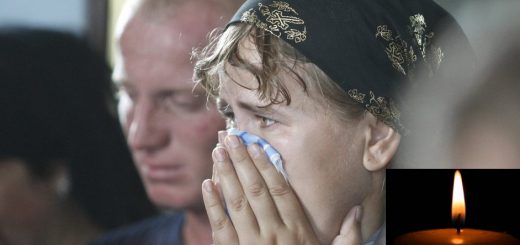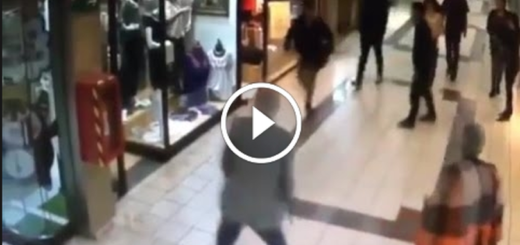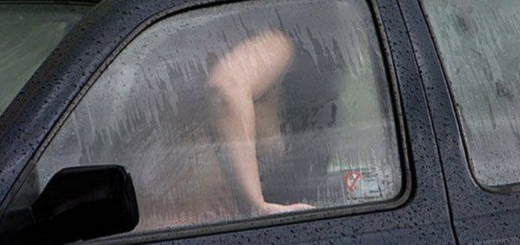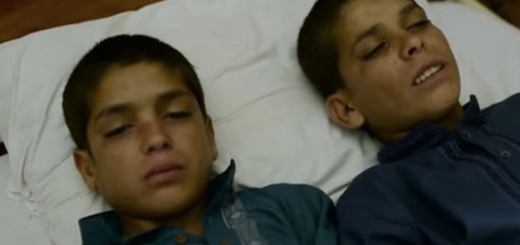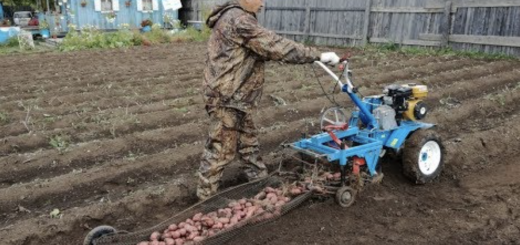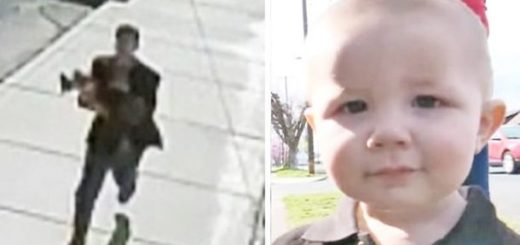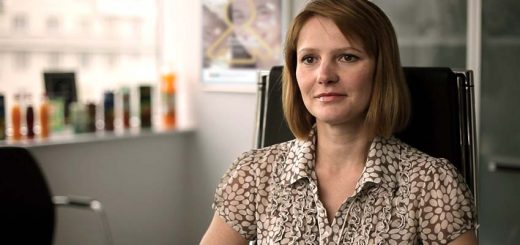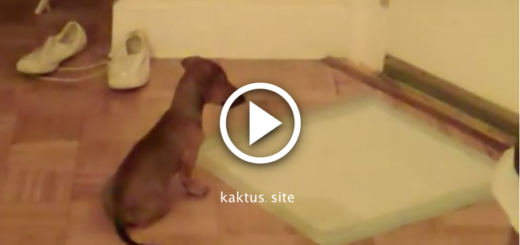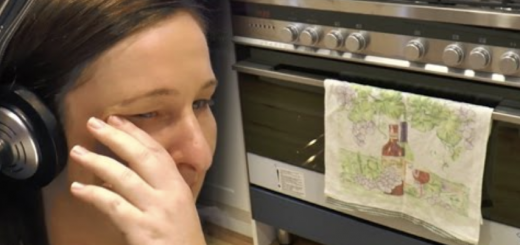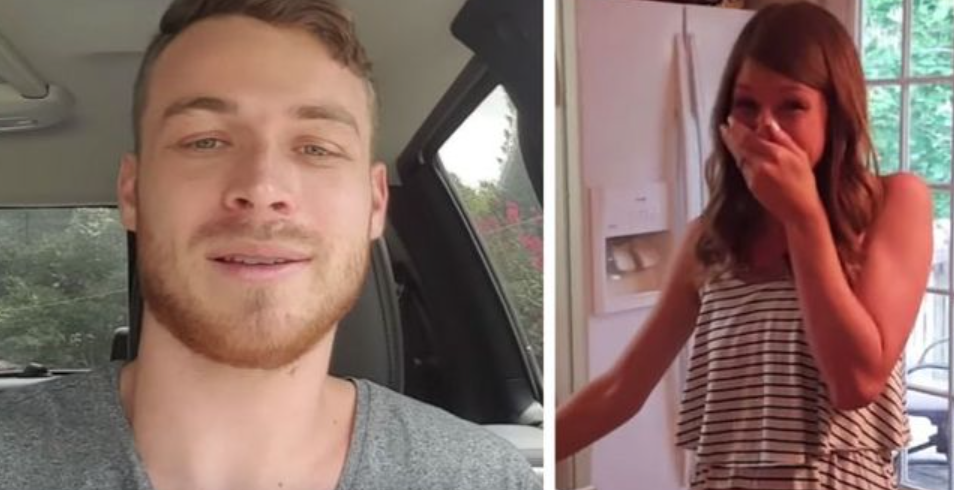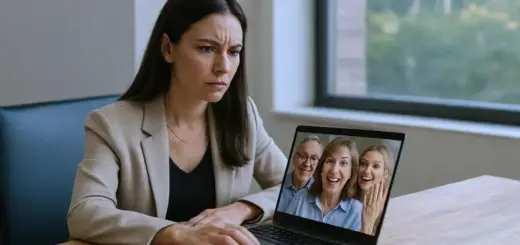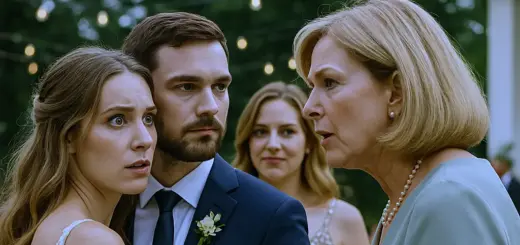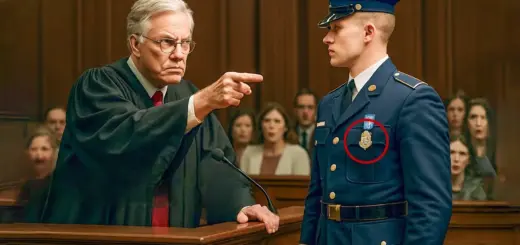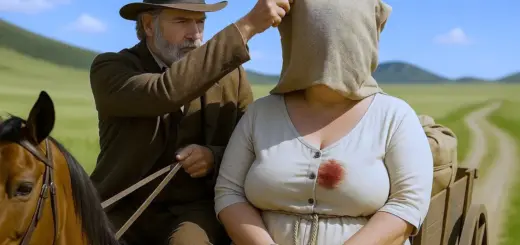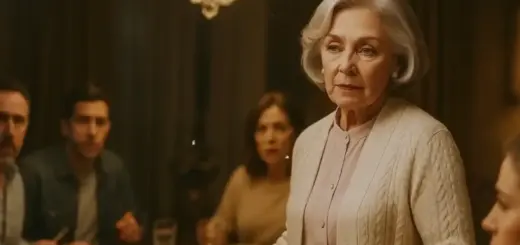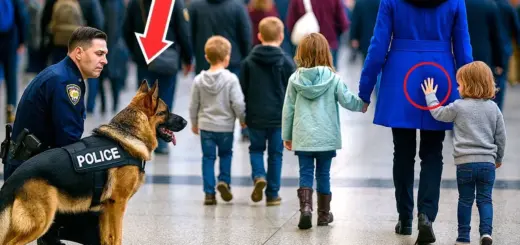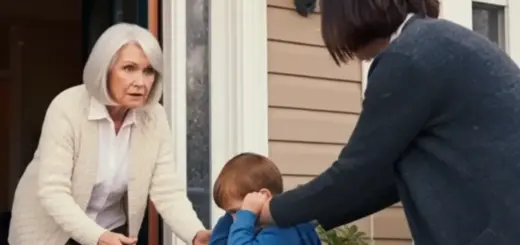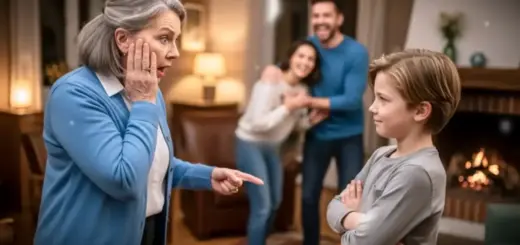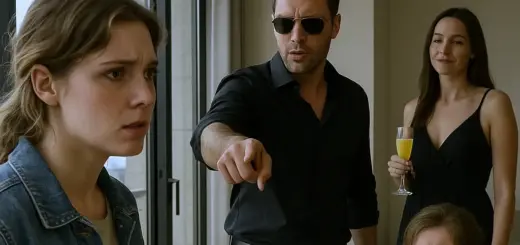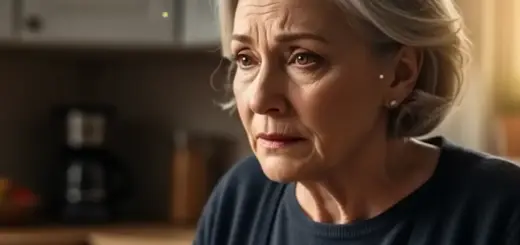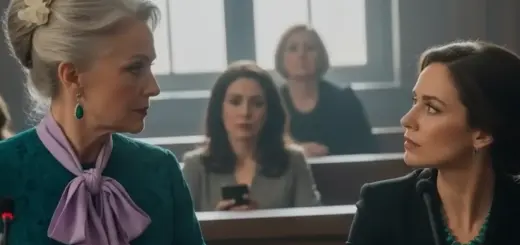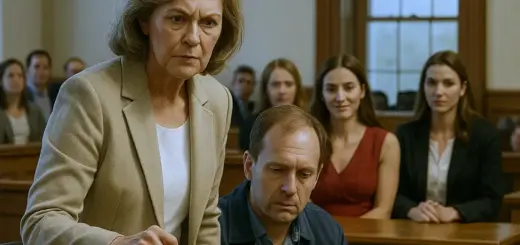I brought 6 months of therapy notes. Dr. Lin’s assessments showing Ethan wasn’t defiant. He was direct. Factual. He didn’t understand social hierarchies that said adults were always right even when they were wrong.
«He’s not being disrespectful,» I explained to the school psychologist. «He’s being honest. There’s a difference.»
They agreed to drop it. Barely.
That night, Ethan asked me a question while we ate dinner. «Why do they want me to be different?»
I set down my fork. «What do you mean?»
«The teachers, the other kids. Everyone wants me to act like I’m not me.»
I didn’t have a good answer. Not really. «Because they’re scared of people who see more than they do,» I said finally.
He thought about that. Nodded once. Went back to eating.
A few weeks later, he asked if I had his birth certificate. «Why do you need that?» I asked.
«I want to see it.»
I found it in my file cabinet. He studied it for a long time. Then asked for his school enrollment papers. His social security card. Anything with his name on it.
«Are you okay?» I asked. «Is this about your mom?»
«I just want to see everything. Make sure it’s all there.»
I assumed he was processing what had happened. Trying to understand why Rachel left. What his life looked like on paper. It made sense for a kid who organized the world in categories and files.
I helped him scan everything into his tablet. Birth records. Medical history. Every legal document I had in the filing cabinet. He saved them all carefully. Backed them up. Created folders with labels I didn’t quite understand.
«What are you building?» I asked once.
«A system,» he said. «So nothing gets lost.»
I kissed the top of his head. «Okay, buddy. Whatever helps.»
I thought he was coping with his past. I had no idea he was preparing for his future.
That future started taking shape the summer Ethan turned 12. He’d been scanning documents for months by then, organizing everything into his tablet with a focus I’d learned not to interrupt.
But in June 2017, he discovered something new. Coding.
I found him at the kitchen table one afternoon with my old laptop open, staring at a screen full of text that looked like gibberish to me. Lines of words and symbols and brackets.
«What are you doing?» I asked.
«Learning Python.» He didn’t look up.
«What’s Python?»
«A programming language. I’m following a tutorial.»
I leaned over his shoulder. The screen showed instructions about variables and functions and loops. None of it made sense to me.
«Is this for school?»
«No. I just want to learn it.»
I left him alone. That’s what worked with Ethan. Let him follow what interested him.
He spent the entire summer on that laptop. While other kids were at baseball camp or the pool, Ethan was coding. I’d bring him lunch and he’d eat without looking away from the screen. His yellow cup sat beside the laptop, half full of water he’d forget to drink.
By August, he was showing me things he’d made. Little programs that did tasks I didn’t understand.
«This one sorts files by date,» he explained. «This one finds duplicates. This one checks if a file has been modified.»
«That’s really impressive, Ethan.»
He nodded. Kept typing.
In September, I used the last of my savings to buy him a better computer. A real one. Not my hand-me-down laptop that took five minutes to start up. He’d earned it.
The man at the electronics store asked what Ethan would use it for.
«Programming,» Ethan said.
«How old are you?»
«Twelve.»
The man smiled. «That’s a good age to start. You’ll go far.»
Ethan didn’t respond. Just waited for me to pay.
At home, he set up the new computer in his room. I made him promise to still come out for meals, and to sleep at reasonable hours. He agreed, but I could tell his mind was already back in that world of code I couldn’t enter.
One evening in October, he called me to his room. «I want to show you something.»
I sat on the edge of his bed. He pulled up a program on his screen.
«What is it?»
«Watch.»
He opened a document. A simple text file with a few sentences. Then he ran his program. Numbers appeared on the screen. Long strings of them.
«That’s the document’s signature. Like a fingerprint.»
«OK,» I said, not really understanding.
He opened the document again. Changed one word. Saved it. Ran the program again. Different numbers appeared.
«See? The signature changed. That means the document was altered.»
«So you can tell if someone edits something?»
«Yes. And when. And how many times.» He looked at me. Actually made eye contact for a moment. «So things stay true.»
I thought about all those school meetings. All those times administrators had said one thing and then claimed later they’d said something else. All the times I’d wished I had proof.
«That’s brilliant, Ethan.»
He turned back to his screen. «It’s just pattern recognition. Digital instead of physical.»
Just pattern recognition. As if that wasn’t everything.
The next year, when he was 13, the project expanded. «I want to digitize all your binders,» he said one morning at breakfast. «The school meeting notes. All of it.»
I looked at him over my coffee. «That’s a lot of scanning. We already did the legal stuff.»
«I know. But I want everything in the system.»
«What system?»
«The one I’m building. So nothing gets lost or changed.»
I thought about it. Those binders held years of fights. Years of advocacy. Years of proof that Ethan wasn’t what people assumed he was.
«OK,» I said, «but you’re doing the scanning. My back can’t handle that many hours hunched over.»
We spent weeks on it. I’d pull out binders and Ethan would scan page after page. IEP meeting notes from 2014. Therapy assessments from 2012. Report cards. Progress notes. Incident reports. Every piece of paper that told Ethan’s story.
He didn’t just scan them. He did something to each file on his computer, adding layers of information I couldn’t see.
«What are you adding?» I asked once.
«Timestamps. Verification codes. Hash values.» He paused. «Each document connects to the ones before and after it. Like a chain. If someone tries to change one link, the whole chain breaks.»
«Why would someone change them?»
He looked at me. «Why did Principal Andrews try to move me when I was 9?»
Fair point.
«So this protects the truth,» I said.
«Yes.»
I watched him work. This kid who’d been non-verbal 7 years ago. Who’d screamed at the sound of the vacuum cleaner. Who couldn’t look anyone in the eye. Now he was building something I could barely comprehend. Something powerful.
«I’m proud of you,» I said.
He nodded once. Kept scanning.
Our relationship had changed by then. We didn’t need a lot of words. I’d say something; he’d nod. He’d show me something on his computer; I’d tell him it was good. We had dinner together every night. Same time, same seats. His yellow cup always to the right of his plate.
Comfortable, that’s what it was. Comfortable silence with someone who understood you didn’t need to fill every quiet moment with noise.
He turned 14 in November 2018. One afternoon, he asked if I’d kept anything from when he first came to live with me.
«Like what?»
«Receipts. Calendars. Bank statements. Anything from 2010 or 2011.»
I frowned. «Why would you want that?»
«I just want to see it.»
I led him to the garage, showed him the boxes I’d never thrown away, because I’m not a throwaway kind of person. Old tax records. Utility bills. Bank statements going back a decade. Calendars where I’d written appointments and errands in cramped handwriting.
«You kept all this?» he asked.
«I taught elementary school. We keep everything.»
He started going through the boxes, pulled out my 2010 calendar. Opened it to November. Ran his finger down the dates.
«Why do you need this?» I asked.
«I need to know what really happened, not what people say happened. What actually happened.»
I sat down on an overturned crate. «This is about your mom.»
He didn’t answer right away, just kept looking at the calendar, at my handwriting marking the day Rachel brought him, the days after when I’d written «try chicken nuggets» and «call Rachel» and «Dr. Appointment.»
«I need to know the timeline,» he said finally. «When things happened. What was real.»
My chest tightened. He was processing it. The abandonment. The years without her. The questions he’d never gotten answers to.
«We can scan all of it,» I said. «Whatever you need.»
We brought the boxes inside. Spent the next month scanning grocery receipts. Bank statements showing I’d never gotten money from Rachel, phone bills proving she’d never called, calendars documenting our routine, our life, every ordinary day that proved she’d been gone.
I thought he was building a timeline of his childhood. Understanding his past through documentation and proof.
«Why grocery receipts?» I asked once, watching him scan a faded slip from 2011.
«They have dates. They show where we were, what we bought. They’re evidence.»
«Evidence of what?»
«Of what happened. Of what was real.»
I didn’t push. If he needed this to heal, I’d help him.
He started staying up later that year. I’d go to bed at 10 and hear the click of his keyboard through the wall. At midnight I’d get up, make him a sandwich or cut up an apple, leave it on his desk without saying anything.
«Thanks,» he’d murmur, not looking away from his screen.
Some nights I’d wake at 2 or 3 in the morning and see light under his door.
«Ethan, you need to sleep,» I’d say.
«Almost done.»
He was never almost done.

